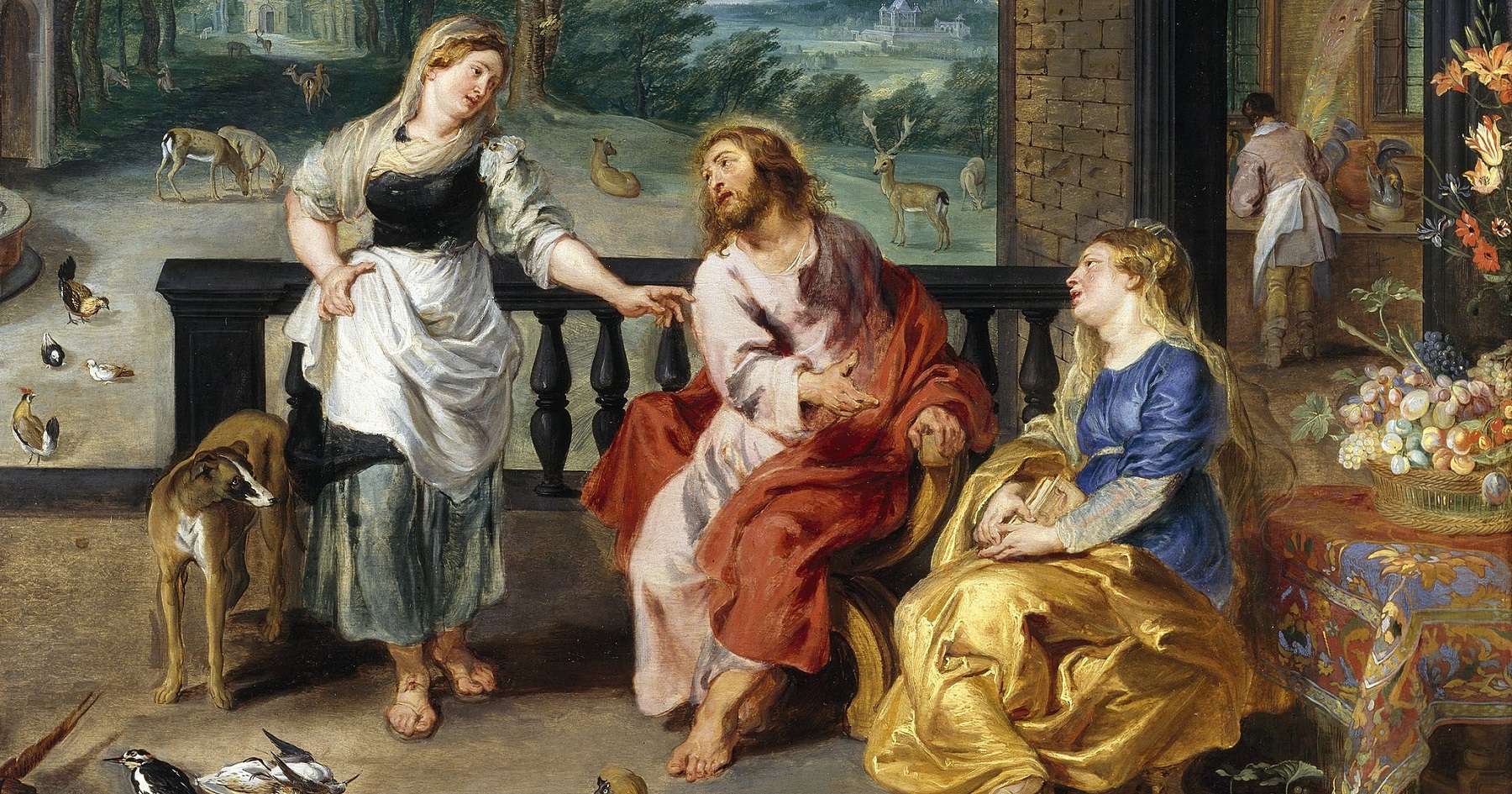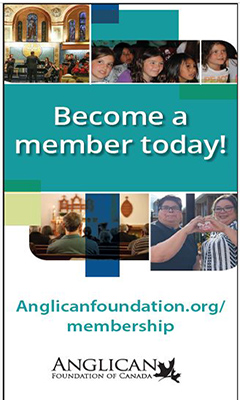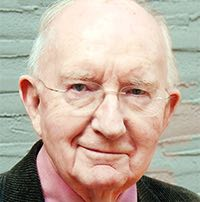This article first appeared in the April 2014 issue of the Anglican Journal.
You are exhausted and surrounded by an almost palpable fear.
You feel a wave of sadness because of all places, you associate this house, here in Bethany, with warmth, security and friendship.
You recall the last week or two, the shocking intensity of public reaction after the episode with Lazarus. You had to leave the city area, but friends kept you apprised of the furor. The Sanhedrin had met and branded you a national threat. The high priest himself had called for your execution as an urgent political necessity.
Yet you knew that the time for staying away was over. Against their will, you took the faithful group east across the hills to the Jordan Valley road. You spent a couple of nights along the way, using the precious hours to share some reflections. It was the long way back to Bethany, but the safest: down through Jericho and over the valley floor, to the Roman army road that climbed the escarpment then dropped into the village.
That was two days ago. Yesterday, you and the group came here, to the only safe house you have now. Tonight, Martha has given a dinner for the group. But even her warmth and vivaciousness can’t overcome the sense of foreboding.
Suddenly, the gathering falls silent. Mary, the quiet one, the introvert, gets up, crosses the room, takes a small jar and moves toward you. Calmly, she pours oil on your head.
There is a wild outbreak of reactions. One voice cuts across the group, that of Judas—dismissive, sneering, cynical.
You are desperately trying to get a grip on your feelings. You know Mary’s act is no sentimental or hysterical gesture. You know this sensitive, quiet woman has exposed the deep, unnamed fears of everyone in the room. Her action forces you to name what you know must be faced. “Leave her alone,” you say. “She bought it so that she might keep it for the day of my burial.” Death now sits at the table.
Thirty-five years later, writing his book on Patmos, John will remember this moment. He will remember your last week and the journey you must now take through its terrible days and nights.
Sometime in the wakeful hours of the night, you decide to make the first move. You leave the house just after sunrise and walk around the south shoulder of the mountain until the city faces you. It clings to the jagged hills, like an animal at bay, waiting to spring. Later in the morning they bring you the pathetic donkey; the first ragged cheers ring out. Step by scrambling step, you move down onto the stage of the cosmic drama. Crowds cheer and curse you; your body is tensed for the first blow or flung stone.
That night, you return to Bethany, exhausted.
Each day you continue this rhythm. From Bethany to the city, and back; from friendship to confrontation; from public exposure to sleepless hours.
There is constant confrontation now. You can feel the agony of friends, who helplessly watch you. You know very well the rising murmur behind official doors. You are aware a net is closing, but you have decided there is no other way.
Thursday, you book the room, because otherwise it may be too late to share the meal. But there is a terrible difference from the customary tradition. This may be the king’s feast, but on this night, the king is the meal, his blood the wine—your body, your blood.
Out into the night. First, you feel paralyzing fear, then an extraordinary sense of peace. Night becomes day. Faces appear and recede; voices rise and fall, spitting questions, abuse, charges. There are the torches of Herod’s atrium of lechery and decadence, and later the clink of iron on stone in Pilate’s city headquarters.
Now comes the dawn, the shrieking, endless tunnel of the crowds, a sense of falling through blood and pain, lashes and cruel laughter. Familiar voices call and fade, until you are thrown like an animal and the butchery begins. You hang in the blazing sun until the sky mercifully clouds over. And though you call and scream, even God seems no longer with you.
No one can dare walk with you now into the shadowlands. There will be a dawn of terror and glory. The world will split asunder, and death itself will die. Those who love you will weep until their tears turn to joy by the lakeside where they first met you. You will invite them to a simple meal, as once again you invite us to the joy of our Eastertide.




